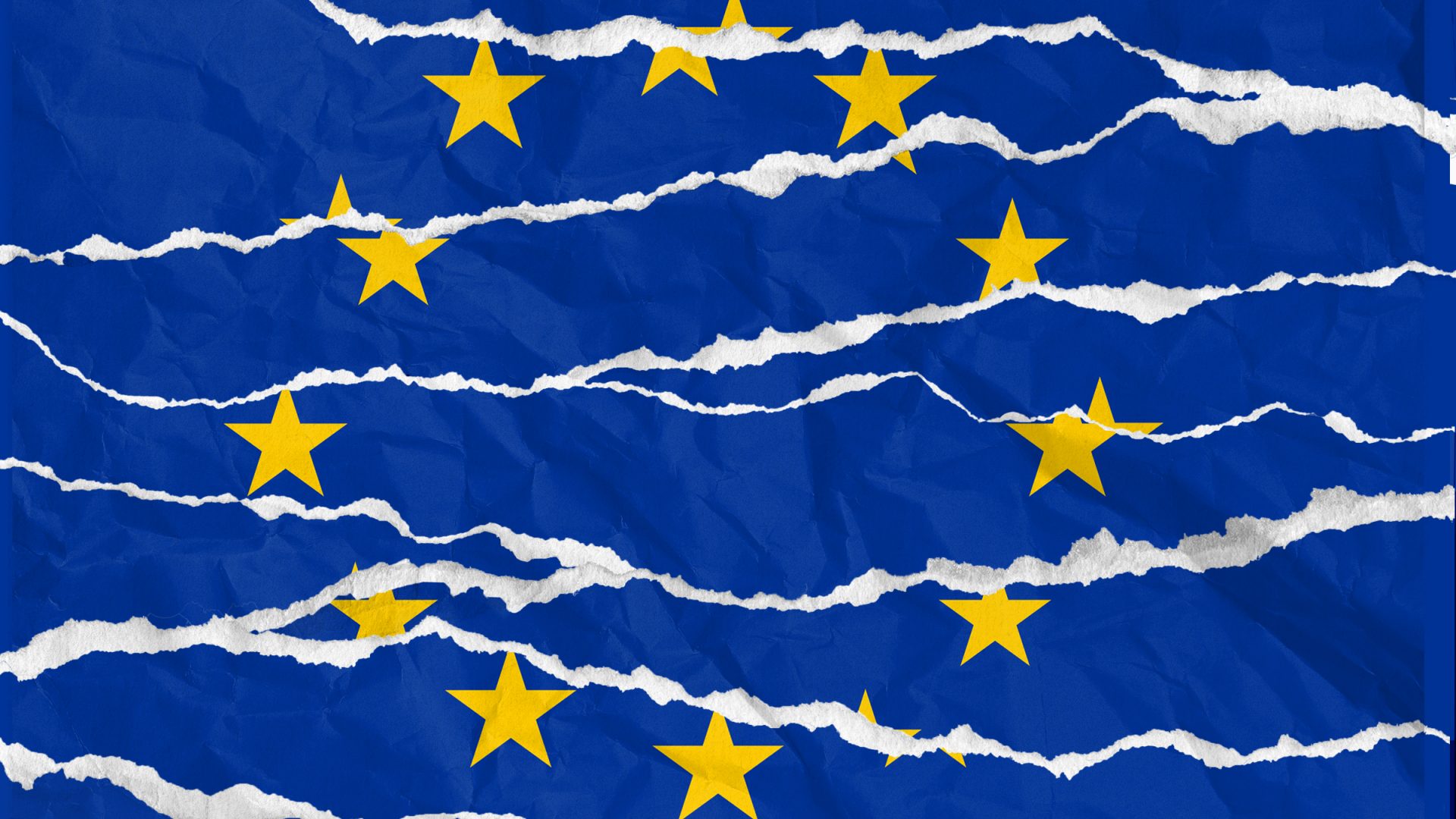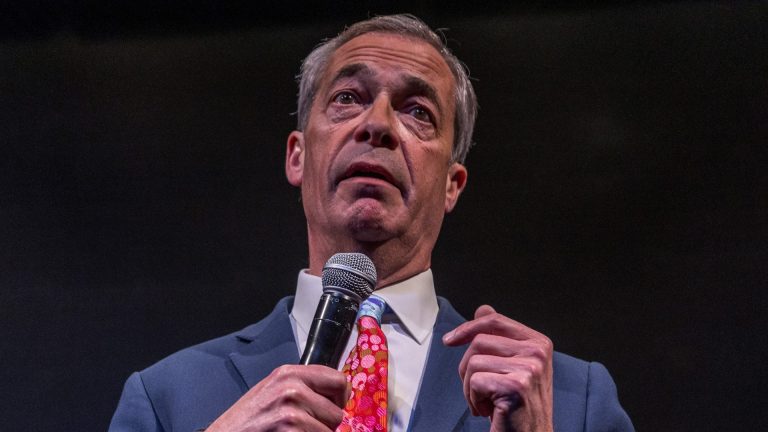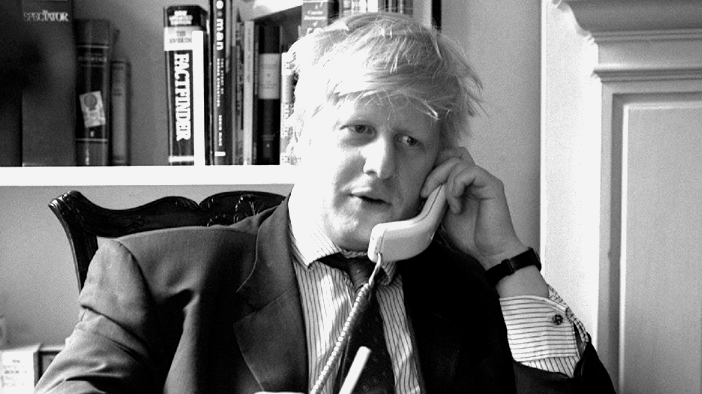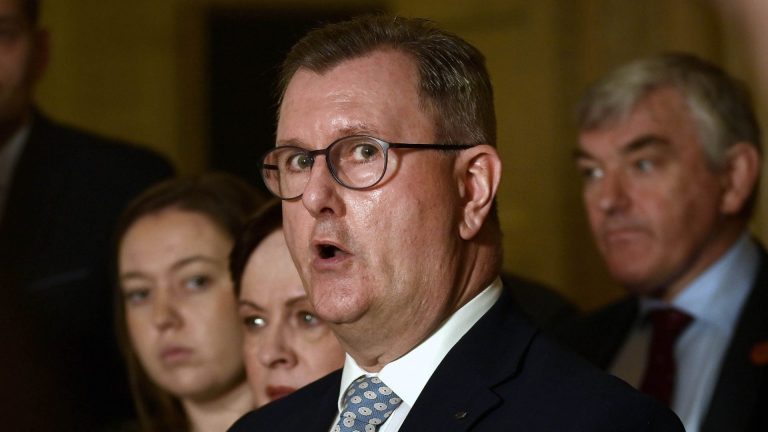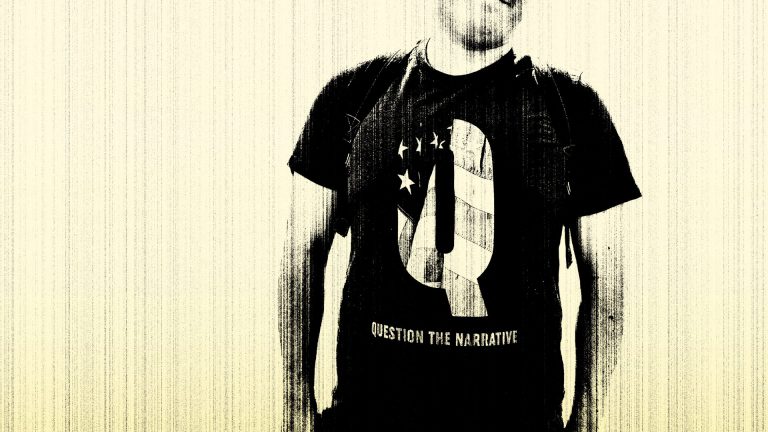The famous Swiss option for a post-Brexit deal for the United Kingdom is the beast that never dies. Now that most of the public are saying they’ve been sold a pup, it has risen once more, resurfacing in a Sunday Times story sourced from someone in the government.
When Brexiteers and Brexit-supporting newspapers grumbled, the notion was quickly dismissed by Rishi Sunak, but gossip remains that both the new PM and chancellor Jeremy Hunt would like to see a closer trading relationship with the EU.
Brexit is demonstrably going badly, so does this mean the government has finally seen the light? Possibly, but if it has, pining for the option once touted with enthusiasm by none other than Nigel Farage only demonstrates that those desperately seeking a solution need serious reacquainting with the experts they so abhor.
While Bern has enjoyed enhanced access to the single market while staying out of the EU, since we left it’s Switzerland who has become the problem child of the block, and relations are in deadlock.
“The European Union hates its relationship with Switzerland and Switzerland hates its relationship with the EU,” Mujtaba Rahman, managing director, Europe, at political risk consultancy the Eurasia Group, told me. “As a result this is absolutely not a model that the EU is looking to converge upon for the UK… Some officials have told me it’s possible that the individual who briefed the Sunday Times didn’t really understand the implications.”
For a start, Switzerland is in the borderless Schengen area and thus is supposed to accept free movement and pay into EU coffers. But never mind that, because the key factor here is that a Swiss-style deal of piecemeal bilateral agreements is no longer available, even for Switzerland.
The UK’s exit has helped kill off an option already disliked by Brussels, which seeks to build an “umbrella” deal with Switzerland to replace the cumbersome,100-plus bilateral deals that require endless updating and give away too much to a non-member. Not even a snifter of such cherry-picking is on the table now, and the Swiss don’t like it, so talks are stalled.
Yet there is nevertheless a seriousness to the Swiss deal briefing, which signifies the intent of Rishi Sunak’s government to foster closer ties with the EU. This follows a growing avalanche of bad post-Brexit trade news, the recognition of the UK’s inferior economic performance compared to its competitors and a clear indication from opinion polls that a majority of the public now believe Brexit was a mistake.
And its spiralling implications don’t just stay in the economic realm. The troubles over the Northern Ireland protocol, which effectively keeps the province in the single market for goods and the customs union and requires increased paperwork for goods moving within the UK, have been stymying UK foreign relations — for instance with Washington — as well as trade.
So the comments signal that the UK might be in the market for a new relationship with the EU, but it’s unlikely to be done under the Brexiteer Conservatives if they continue the kind of behaviour that has put Britain and Switzerland on the naughty step in Brussels, and harmed both countries along the way.
“I think there will eventually be a more deeply integrated bespoke agreement which evolves under a Labour government,” Rahman said. “There are tweaks to be made, but if the government of the day wants to do something serious and fundamental, it’s got to engage with those two institutions — the customs union and the single market.”
The similarities between some Swiss attitudes and the post-Brexit British dogma are quite remarkable. For both, sovereignty is all, bowing to the European Court of Justice is unthinkable and academics know nothing in these plucky little nations standing up to the bullies of the EU superstate. Nations now locked in a bitter argument with Brussels amid charges of “cakeism”, and losing access to important scientific programmes such as Horizon and the educational exchange Erasmus as a result.
The UK is frozen out of these groups mainly because of its obduracy over the Northern Ireland protocol, championed but then carelessly disowned by Boris Johnson, and now in Sunak’s unenviable in-tray.
There are doubts over whether Sunak, a Brexiteer under pressure from even more extreme Brexiteers, can break the deadlock in a way that does not damage trade further. Likewise, there are doubts about whether Switzerland can overcome its own internal struggles to reboot their lucrative relationship with the EU once more.
A perennial outsider with close ties to the EU, Switzerland’s future hangs in the balance after its government walked away last year from a comprehensive deal it had spent years negotiating. This would have updated Switzerland’s fragmented relations with Brussels. Instead, Bern could be left with nothing at all.
“Switzerland’s Brexit moment,” is how Georg Riekeles, associate director of the European Policy Centre think tank and a former adviser to Brexit negotiator Michel Barnier, described this rupture at the time. “This is obviously sovereignty vs the economy all over again,” he Tweeted, adding that the biggest loser would be Switzerland if this impasse continued, as half its foreign trade was with the EU, while only 8% of the EU’s trade was with Switzerland.
The impasse has continued. More than a year on, there is an acrimonious limbo with no end in sight at a time when all parties have more pressing problems, such war in Ukraine and the energy crisis.
The walkout — nominally over wages, state aid and EU welfare rules — could lead to the serious deterioration of a deep relationship that gave Switzerland privileged single market access. How this plays out could also damage the EU as it fights on yet another front against a cantankerous state – Hungary, Poland, Brexit Britain, take your pick — wanting to have the free lunch of membership advantages without the responsibilities.
With the caveat that one country is moving away from the EU and the other is trying to get closer, this does sound a bit like the Brexit train wreck, I say to Stefanie Walter, professor of international relations and political economy at the University of Zurich.
“The parallels are startling, and it doesn’t help that they keep talking about each other,” she says, perplexed. Her own surveys on how Brexit reverberates in Switzerland show that people still look to the UK’s exit as a benchmark. “Quite a lot of people think that Brexit isn’t so bad – especially the Eurosceptics, who are very fond of Boris. They say ‘Boris Johnson negotiated this, so what does it say for our own negotiations with the EU?’”
In fact, when the Brexit withdrawal agreement was published, Swiss Eurosceptics combed through it to find things to be jealous of – incredibly, there is such a thing as Brexit envy. Seemingly oblivious of the fact that Switzerland has closer ties and many more privileges to account for, they alighted on the UK’s exclusion from ECJ jurisdiction as a toy they wanted too.
As with the UK, a loud Eurosceptic disdain for academics and experts, coupled with government timidity over defending the EU, precluded rational public debate on the issue.
“You would have thought that Brexit would have been seen as a cautionary tale, but clearly not,” Walter says. “Even those who don’t think Brexit is a success just say ‘well we would have done it differently’.”
Ironically, perhaps, Switzerland’s Brexity conundrum has been sparked partly by the EU’s reaction to Brexit itself. Following that torrid experience, as well as attempts to ignore existential EU rules by populist leaders, the European Commission is getting tough on those who stray out of line. Just as the UK was told it was not special enough to have preferential terms outside the EU, so now Switzerland must accept the same new reality or lump it.
Yet many Swiss politicians, ignoring EU statements that there is no more negotiating to do, seem convinced that this is just a bluff, while at the same time suggesting that in any case they could just as well deregulate further and trade with China – ignoring the country’s size, location, the EU’s perspective, and reality itself.
For Britain, the capture of the mainstream by hardline Eurosceptics and populist rightwing disrupters as it goes through a bitter divorce with the EU goes some way to explain the antagonism. Nominally, the supposedly sober, pragmatic, Switzerland has less reason to find itself in a similar mess, but its political past and the steady growth of right-wing populism hold clues to its behaviour.
The tiny Alpine country is deeply attached to its long history of neutrality – it hasn’t had a war since the 1815 Treaty of Paris and espoused the concept for centuries before that. Bern feels its distance from organised political groups makes its version of neutrality purer than others, such as Ireland, Austria and Nato aspirants Sweden and Finland. It stayed controversially unaligned in the two world wars and didn’t even join the United Nations until 2002. Despite peacekeeping within the UN and taking sides in the Ukraine war, Switzerland still sees itself as a freedom-loving autonomous operator standing up to the big boys.
Another Swiss peculiarity, its attachment to secretive banking, is less of a problem than it was, since US and OECD pressure has brought more transparency. But its own quirky system of direct democracy is problematic. At every level, Switzerland holds prolific referenda on anything from banning the burqa, park benches and dehorning cows to international treaties and climate measures.
This clashes with the idea of abiding by top-down multilateral agreements and has caused trouble with the EU, especially when a veto of free movement of new members Croatia in 2014 led to a row and its continuing exclusion from the Erasmus student exchange programme.
Even so, there was once a time when the Brexiteers’ darling appeared close to joining the EU. In 1992, it applied for membership and was poised to join the European Economic Area, until, in one of those notorious referendums, this was narrowly rejected and set the country on a completely different path.
Today, there’s no question of EU membership. “The window of opportunity to become a member would have been in the early 90s when Sweden joined and Austria joined – both similar countries to Switzerland,” Fabio Wasserfallen, chair of European Politics at the University of Bern, tells me.
There’s too much bad blood, and too much has changed to make it a lure for the stable, wealthy nation whose people feel they have much to lose by joining a large group of diverse countries, including poorer southern and eastern European ones.
Initially, though, the Swiss leadership thought they could still join the EU in the future and began to negotiate the 120 bilateral deals that led to an acceptance of free movement and cooperation on trade, research and commerce. This gave Switzerland internal market access for goods such as pharmaceuticals, metals and chemicals, in exchange for implementing some EU market rules and some financial contribution to poorer EU members. Switzerland also joined the borderless Schengen Area. Their cherry picking was tolerated because the expectation was eventual accession.
This was extremely advantageous for Bern — a 2019 study by Bertelsmann Stiftung showed that, for minimal cost, Switzerland gained more than any other country from the single market, which boosted its per capita annual income by €2,900, compared to the EU average of €1,000.
But Switzerland was a troublesome customer, with its rule-busting vetoes and penchant for withholding its contributions as a bargaining chip whenever it wanted something. Since its bilateral treaties were static, and needed changing and approving each time the EU updated its own rules or regulations, this both offered Bern the regular opportunity to play hardball for more advantages and burdened the EU with increased bureaucracy. This was a major reason, along with EU determination to apply consistent rules in all relationships, for the now defunct talks on a comprehensive framework.
At the same time, trouble was brewing with a right-wing Eurosceptic movement set in motion by the EEA rejection, which grew into the populist Swiss People’s Party (SVP), now Switzerland’s biggest party. It was the SVPs Guy Pamellin, then president, who announced the breakup of the talks in May 2021 with what has been described as a very “un-Swiss” abruptness and lack of procedure. Pamellin was “completely wrong” to declare that he could never pass the deal, Walter maintains, since all of her polling showed a narrow majority in favour.
If this was political manoeuvring ahead of next year’s elections, it might backfire. With the failure to agree dynamic alignment of bilateral agreements, whereby they would have updated automatically, the deals will lapse, restricting trade and immigration.
Last year Switzerland’s medical technology industry lost free access to EU markets because of the lapse of regulatory permissions that had allowed the sale of Swiss-certified medical devices. Machinery is next.
The problem facing any Swiss government now is the diverse range of groups that opposed the deal, which complicates any future talks. Along with the usual right-wing Eurosceptic antis who don’t want benefits going to EU nationals, the normally Europhile trade unions wanted to protect Switzerland’s traditional high wages.
“If you back down on any one of these controversial issues you lose one of the sides you need,” says Wasserfallen. “You need a coalition with everybody in the Swiss national parliament to get through a referendum.”
Any updated tract should be less off-puttingly dry, and focus more on the cooperative gains that could be sold to the Swiss public, he said. Energy cooperation, for instance, which could address fears over supplies this winter, is “a no-brainer issue that everybody would like to agree on and regulate”.
But how can the two sides move on in the current atmosphere? EU leaders, tired of arguing and distracted by other problems, seem determined to make Bern sweat. The Swiss, misreading how the EU and the prevailing mood has changed, appear to be holding out for the EU to relent and return to the status quo. Yet only something like winter power blackouts could make the dangers of walking away from the EU’s embrace tangible and change public minds.
Those currently losing out are furious. The Swiss student union has been lobbying hard to rejoin Erasmus +, and has issued an angry statement urging an end to the damage caused to European education: “One country alone, regardless of its diversity, cannot offer their students the same experiences…as an immersion in the European higher education context can.” It’s a statement pertinent to the UK, with its own lopsided, lesser Turing programme.
Scientists are also incandescent. The Swiss, like the UK, are out of Horizon, Euratom (European Atomic Energy Community , which establishes a single market for the trade in nuclear materials and technology; EUROfusion, the umbrella organisation for the development of nuclear fusion power in Europe; and the Copernicus earth observation programme.
Scientists from both countries have continued to collaborate where possible, given a voice by other European scientists. But this is not something that can continue indefinitely as projects end and new ones are launched.
“We cannot participate in any joint programmes, we cannot lead consortia, we cannot apply for European Research Council (ERC) grants – we have lost all these things,” Ambrogio Fasoli, Director of the Swiss Plasma Center and chair of EUROfusion, tells me with exasperation. His specialism, fusion – which is very internationally integrated — has been especially affected. Given fusion is a potential source for safer, cleaner energy production, the damage reaches way beyond Switzerland’s borders.
Exclusion from EU projects entails automatic exclusion from ITER (an international nuclear fusion research and engineering megaproject), which means Switzerland and the UK can neither participate scientifically nor as providers of components for the industry since they cannot bid for procurement.
The Swiss government may be matching the money scientists would have received from the EU – as British politicians vow to do — yet for scientists it’s not simply about funds, but collaboration, networking and leadership possibilities. The latest announcement by the British government that they have signed a memorandum of understanding with Switzerland for greater science cooperation falls at the same hurdle.
“Science doesn’t work that way. One thing is that we’re really, really one team across Europe. We don’t care about borders, we just want to do the best science,” says Fasoli. The weight of Britain and Switzerland – whose wealth and R&D investment gives it an outsize importance – with their international scientific communities means their absence harms the whole field as it diminishes cutting-edge science projects that advance technology. Yet, Fasoli says, “politicians don’t give a damn”.
However bad everything is, Brexit has made it worse. Not just the ill-feeling it generated and the hard EU line that it inspired, but the time and resources the dispute with the UK is taking up. The Swiss feel their issues will never be fully addressed until this is over.
For Swiss pragmatists, there is an enduring sense of disbelief that so much seems to hang yet again on a row miles away at the edge of the Atlantic over what kind of red tape should be used for northern Irish imports of a cultish pink sweet called Percy Pig.
If Britain wants to get closer to the EU, it really should look elsewhere. Switzerland has already played the pain-in-the-neck card, and lost.


